Malala Yousafzai on Her Reading Journey and Helping Expand Children's Access to Books
The activist shares what's on her bookshelf and why she's passionate about kids reading more than just textbooks.
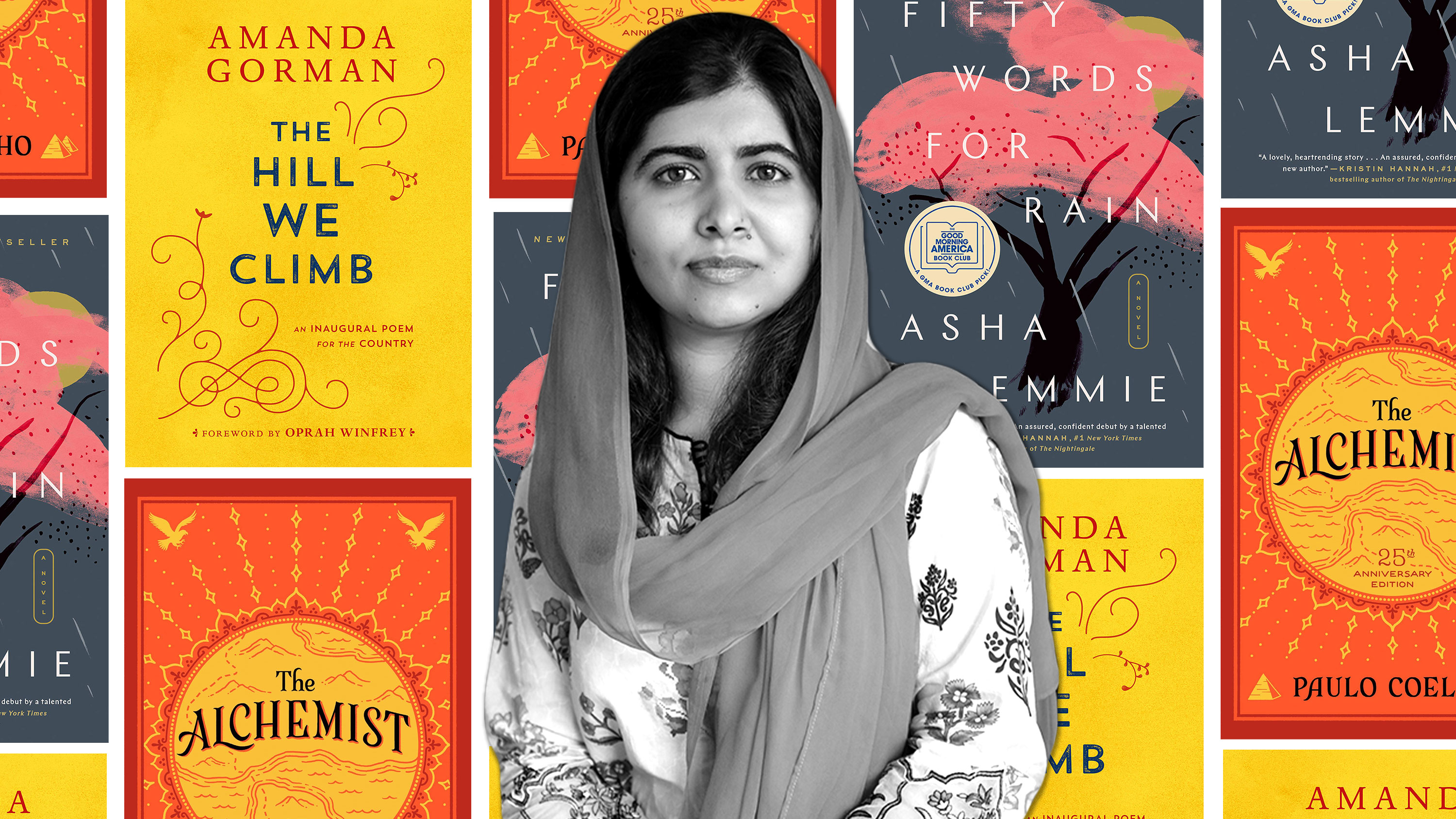
Today, Malala Yousafzai’s name is most closely associated with her work as an outspoken human rights activist and world-renowned author. But for the first part of her life, the trailblazer wasn't able to have a strong relationship to reading. Her main exposure to books was in school—a place she had to fight to attend due to the Taliban's oppressive ban on female education in her hometown in northwestern Pakistan.
That's why Yousafzai has taken on a new role as "Chief Education Advisor" at book discovery platform Literati, helping expand the company's philanthropic efforts in providing children in underserved communities with greater access to books. Together, they have committed to donating at least 100,000 books in 2022 (Yousafzai will help identify national nonprofits and female-centered literacy organizations to receive donations).
As a part of her role, the Nobel Laureate will also be curating children’s books for Literati’s subscription boxes and book fairs. Her book choices (a few: All the Little Snowflakes by Cindy Jin; The Poet X by Elizabeth Acevedo; Harlem Grown: How One Idea Transformed a Neighborhood by Jessie Hartland) will focus on diverse characters and female protagonists. The 24-year-old currently hosts a book club, Fearless, with the Austin-based company which also aims to spotlight female and diverse first-time authors.
Yousafzai spoke with Marie Claire, sharing some of her favorite current reads, her advice for first-time authors, and why she is so passionate about helping kids find a love of reading at an early age.
Marie Claire: What is your first memory of books or reading?
Malala Yousafzai: In Pakistan, many students are limited to reading their school's textbooks; they're not exposed to reading outside that. I remember, [when I was 11], I was gifted this book called The Alchemist by some friends. When I first read that book, I was in awe of the story. It was the beginning of my reading journey.
After that, I read more books, including, Meena, Heroine of Afghanistan. But, in Pakistan, in total, I wasn't able to read more than 8 or 10 books because children were not encouraged, nor were they given the opportunity, to read books outside their school curriculum—especially in the area I was based. When I moved to the U.K., I joined a school and I realized they had such a big library…That's when I started reading again. [It] became one of my favorite things.
MC: Have you gone back and reread any of those 8 or 9 books you read when you were in Pakistan.
Stay In The Know
Get exclusive access to fashion and beauty trends, hot-off-the-press celebrity news, and more.
MY: I read The Alchemist and A Brief History of Time by Stephen Hawking [when I was younger]. The Alchemist made sense [at the time]. But A Brief History of Time did not make sense to me at all. (Laughs.) So I read both of those books again when I moved to the U.K. When I read The Alchemist again, I saw the whole story in a different way, because you have grown with time, you have seen more things, and you start seeing in the story things you may not have noticed before. And with A Brief History of Time, yes, it made a bit more sense—I think if I read it 10 times, then I will finally understand all of it.
MC: Why do you think it's important to provide children with access to different kinds of literature? Why do you think that's so important in helping build someone's education?
MY: Oftentimes, when we think about education, we think about schools' textbooks. And that is the idea that needs to be challenged. Because schools are a place where you help these children develop the skills of learning, develop the skills of gaining and assessing more knowledge, analyzing it, and forming an understanding of different issues.
We know that when children are exposed to more ideas, and more perspectives, [through reading more] it helps them be better decision makers and be more inclusive in their decision making. I hope more schools encourage students to do reading outside their school textbooks. And, I think in this time when there is a pandemic and there are other global crises happening, many children who are already at risk of falling behind [academically] are struggling even more. So with this opportunity that I have as Literati’s Chief Education Advisor, I will be able to advise on expanding access to literature in underserved communities.
MC: What are your favorite genres to read?
MY: Now I read books that cover fiction, non-fiction, history…I'm also reading books that are more focused on politics because I enjoy reading what is actually happening in the world and how we can be better informed about those systems. [For instance] I loved Winners Take All [by Anand Giridharadas]. When you read it you realize there are flaws in the system and some people might remain at a disadvantage forever because of the economic systems we have created.
I also enjoy books by debut writers, especially by young women. Because writing a book for the first time can be pretty challenging, exhausting, scary. Especially when you are coming from an underprivileged background and underrepresented background. And you are [writing a book] for the first time, so you go through so many emotions and feelings—thinking whether it will work or not. I think we need to encourage and support more young writers and women writers because they are doing a remarkable job in the world of literature.
MC: Being a young, female author yourself, do you have any advice for first-time authors?
MY: I would say two things to first-time writers. Firstly: write it all, say it all. Don't be scared. And secondly: seek advice from your friends, your colleagues, and also the experts—the editors. Hear different perspectives and responses to what you have written. Their critical response can be really useful in helping you improve the writing, but also in helping you learn more about the issue from their angle. I think writing is a beautiful process. It can be frustrating, but once you get over it, and once you finish it, it's fruitful.
MC: Who are some of your favorite female authors?
MY: I loved Fifty Words for Rain by Asha Lemmie. I loved Aftershocks [by Nadia Owusu]. Books by Amanda Gorman—her poetry books—are just so beautiful. [It’s beautiful] how she has told the story of the current time in poetry. She's talking about the pandemic, and then what it means to go through loss, what it means to stay united in these difficult times…I hope more and more young people start believing in themselves and give writing books a try.
MC: Do you have any favorite female protagonists or book characters who have resonated with you recently?
MY: I loved Noriko in Fifty Words for Rain. She is exposed to challenges from a very young age...she is exposed to racism, to society's prejudice, to other horrible things, and how her own background and skin color has created a different future in life for her. [You see] how she develops into this young woman. What is inspiring for me, is her courage and resilience, throughout the journey.
MC: A lot of your work with Literati centers highlighting diverse authors and protagonists. Why do you find it so important and impactful to expose children to books about experiences outside of what their own might be?
MY: It's critical… it's important to read books that expose you to different perspectives or cultural lenses. We may not be able to travel around the world, and meet everyone from every culture, every field, and every community, but books can help us do that, from our bedroom. It really helps you to see things and imagine things.
MC: A lot of people get really overwhelmed by book culture—finding time for reading or trying to pick a book to start with. Because of your circumstances, you did become an avid reader when you were a bit older. Do you have any tips for people who want to get into reading and make it more of a habit?
MY: I think I order more books than I can actually read in my lifetime. My bookshelf is full, and then I have books on my desk, on my window, on my floor as well. When I look at my room, I'm like, What am I doing? (laughs) As soon as a new order gets delivered to the house, my parents are like, “More books. More books! When are you going to stop this?” So I think this is a challenge for all of us, to figure out how to balance reading new books and catching up on “To read” lists that we have filled in with many, many books. I, personally, would also need advice on this. But one thing I can say is that it's good to keep in balance. I ensure there's a balance between reading fiction and nonfiction and reading a very thick book versus some shorter stories that you can finish quickly. Another thing I’ve heard is some people stop reading a book if they don't enjoy it, and some people want to finish it anyway—if I'm halfway through a book, then it's quite difficult for me to stop reading it, even if I am not really enjoying it. But then there are times if I can figure it out by the first two, three pages that this is not for me, then I stop.
MC: What was the last book that you ordered?
MY: Trick Mirror: Reflections on Self-Delusion [by Jia Tolentino]. But I haven't opened it.
MC: You spearhead a lot of different online initiatives with Literati to expand access and discourse around books. Is there anything else that you do in your day-to-day to kind of expand access to reading? An IRL book club or book exchange?
MY: We have a small friend group where we talk about the books that we are reading and the books that we would recommend to each other. I enjoy that a lot. Some of the books [my friends] recommend to me in that book club I recommend on my Literati book club, as well.
MC: Do you have a criteria to help you choose the books that you recommend, whether to friends or on Literati?
MY: Three things. Firstly, I look at who's the writer? So, it's young women and debut writers. And then along with that it's new perspectives. I want to make sure that we are bringing in new ideas into the conversation. And then it's also how good the book is. If I enjoyed the book [or not].
This interview has been edited and condensed for clarity.
Neha Prakash is Marie Claire's Entertainment Director, where she edits, writes, and ideates culture and current event features with a focus on elevating diverse voices and stories in film and television. She steers and books the brand's print and digital covers as well as oversees the talent and production on MC's video franchises like "How Well Do You Know Your Co-Star?" and flagship events, including the Power Play summit. Since joining the team in early 2020, she's produced entertainment packages about buzzy television shows and films, helped oversee culture SEO content, commissioned op-eds from notable writers, and penned widely-shared celebrity profiles and interviews. She also assists with social coverage around major red carpet events, having conducted celebrity interviews at the Met Gala, Oscars, and Golden Globes. Prior to Marie Claire, she held editor roles at Brides, Glamour, Mashable, and Condé Nast, where she launched the Social News Desk. Her pop culture, breaking news, and fashion coverage has appeared on Vanity Fair, GQ, Allure, Teen Vogue, and Architectural Digest. She earned a masters degree from the Columbia School of Journalism in 2012 and a Bachelor of Arts degree from The Pennsylvania State University in 2010. She lives in Manhattan with her husband and dog, Ghost; she loves matcha lattes, Bollywood movies, and has many hot takes about TV reboots. Follow her on Instagram @nehapk.
-
 Princess Anne's Unexpected Suggestion About Mike Tindall's Nose
Princess Anne's Unexpected Suggestion About Mike Tindall's Nose"Princess Anne asked me if I'd have the surgery."
By Amy Mackelden Published
-
 Queen Elizabeth's "Disapproving" Royal Wedding Comment
Queen Elizabeth's "Disapproving" Royal Wedding CommentShe reportedly had lots of nice things to say, too.
By Amy Mackelden Published
-
 Palace Employees "Tried" to Get King Charles to "Slow Down"
Palace Employees "Tried" to Get King Charles to "Slow Down""Now he wants to do more and more and more. That's the problem."
By Amy Mackelden Published
-
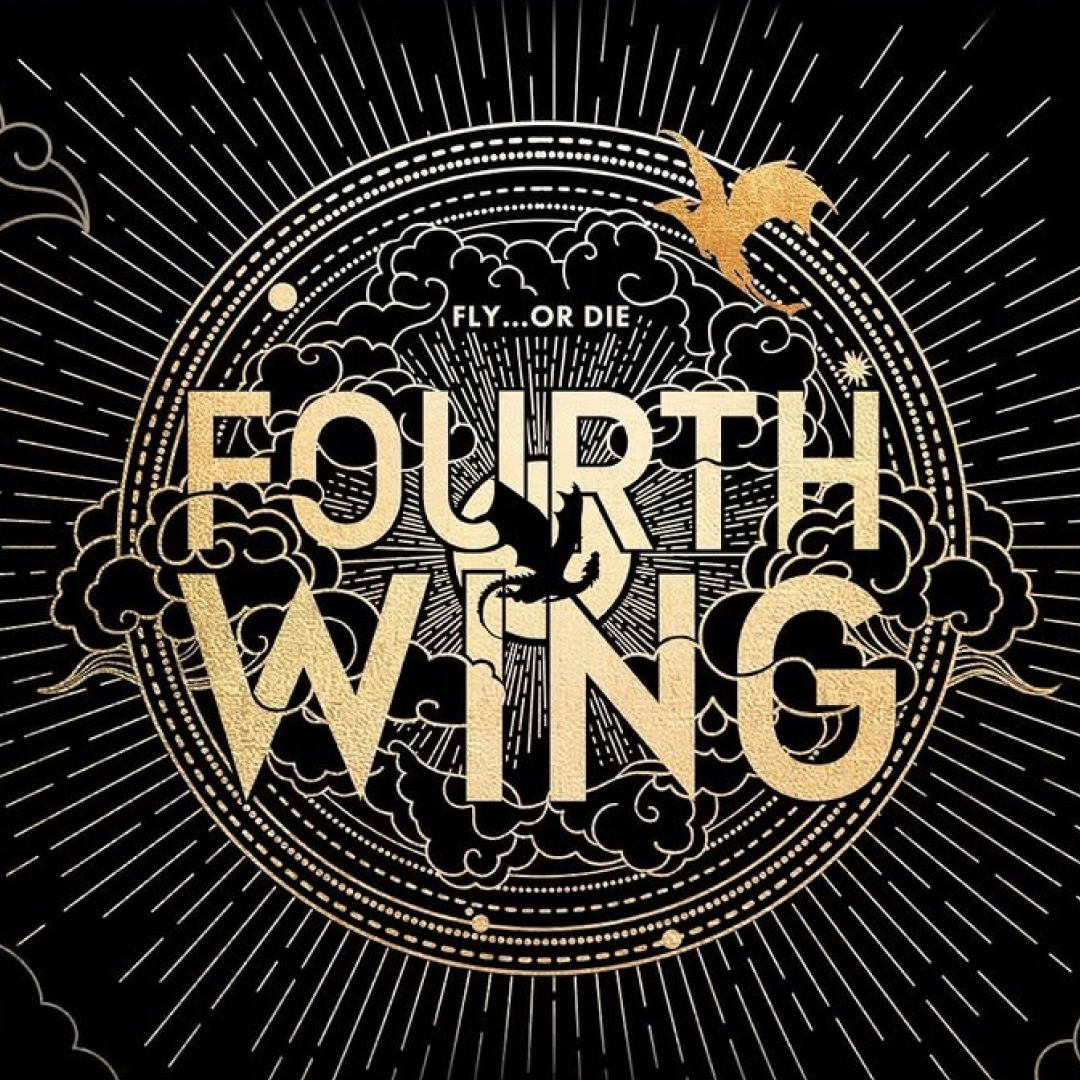 The 'Fourth Wing' TV Show: Everything We Know About the Series Adaptation
The 'Fourth Wing' TV Show: Everything We Know About the Series AdaptationRebecca Yarros's bestselling romantasy series is getting the Prime Video series treatment.
By Quinci LeGardye Last updated
-
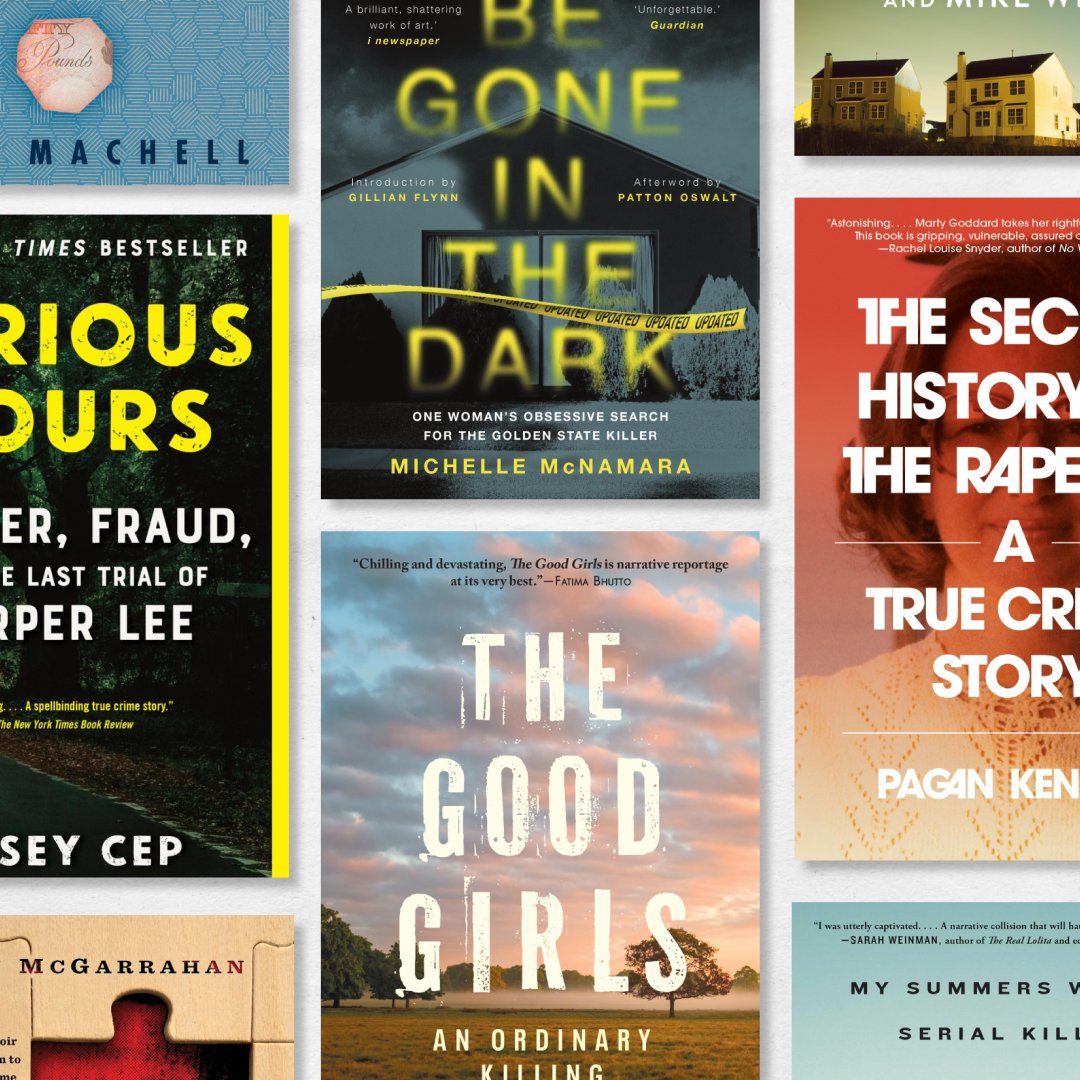 The 20 Best True Crime Books to Read in 2025
The 20 Best True Crime Books to Read in 2025These nonfiction titles and memoirs about serial killers and scammers are the definition of page-turners.
By Andrea Park Published
-
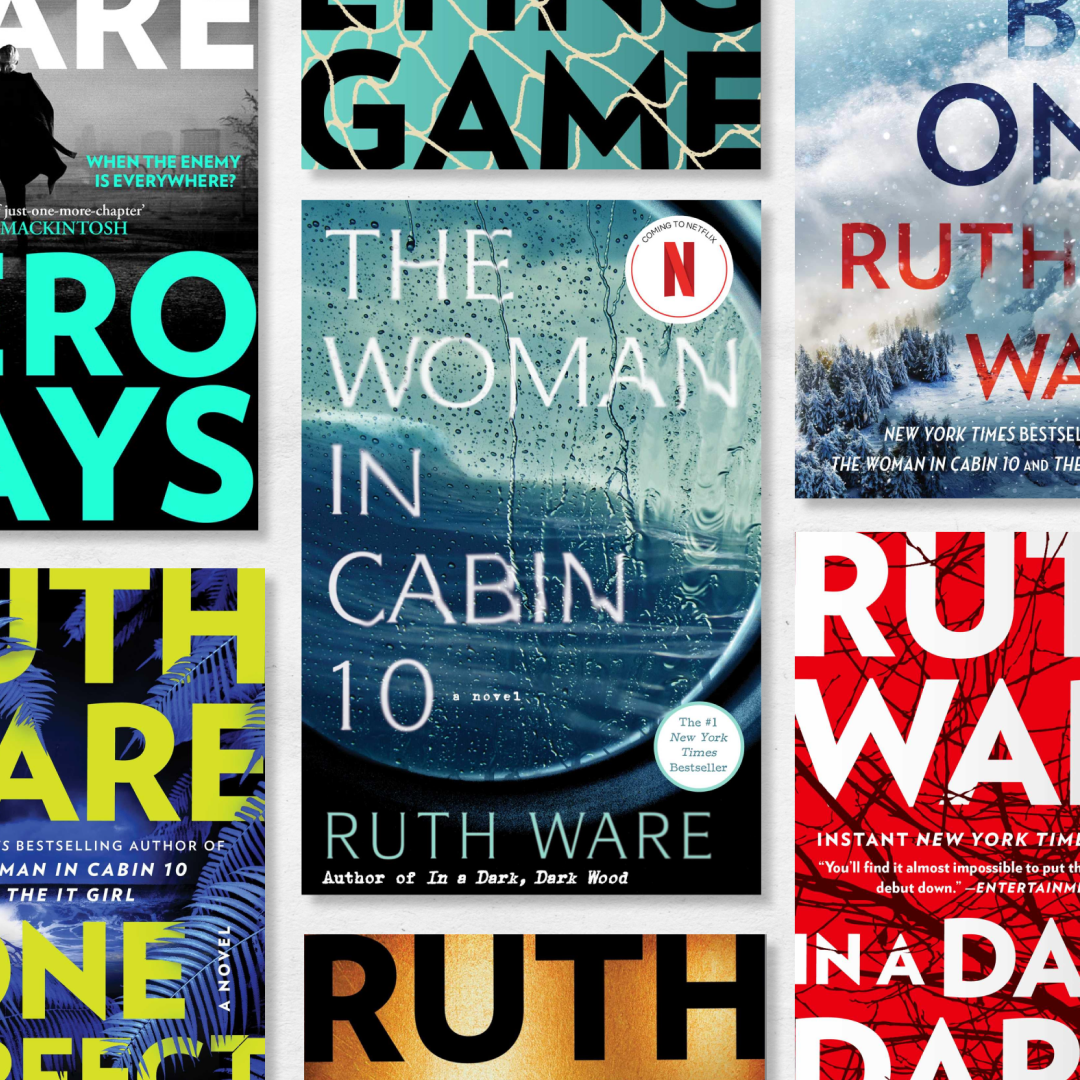 Every Ruth Ware Book, Ranked—From 'In a Dark, Dark Wood' to 'The Woman in Cabin 10'
Every Ruth Ware Book, Ranked—From 'In a Dark, Dark Wood' to 'The Woman in Cabin 10'Here's what you should read before her new thriller 'The Woman in Suite 11' hits shelves.
By Nicole Briese Published
-
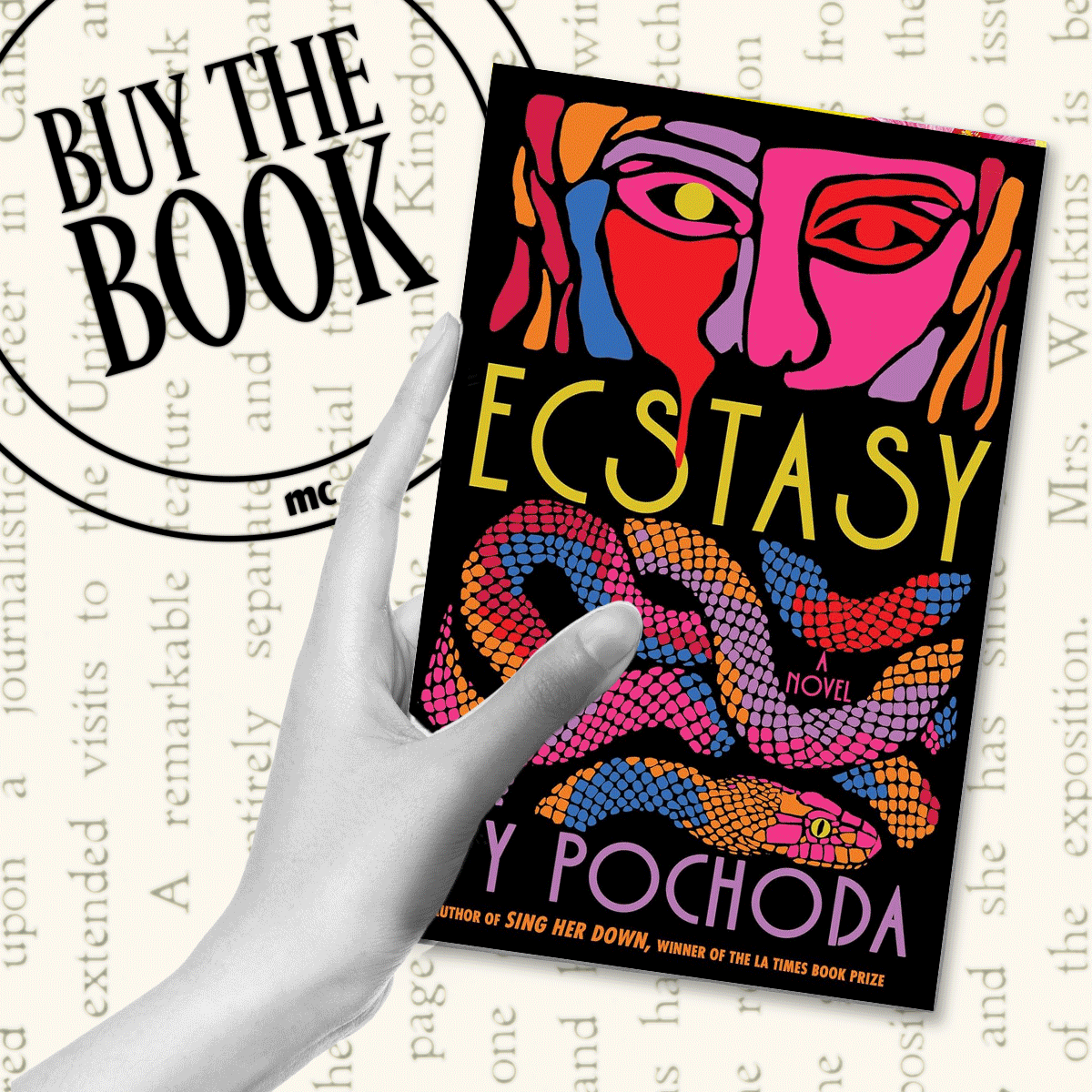 10 Books to Read for a Killer Vacation
10 Books to Read for a Killer VacationPack these novels about vacations gone very wrong on your next trip.
By Liz Doupnik Published
-
 The Melancholic Sound of Success
The Melancholic Sound of SuccessThe artist known as Japanese Breakfast opens up about finding her sound on a new album after experiencing whirlwind success.
By Sadie Bell Published
-
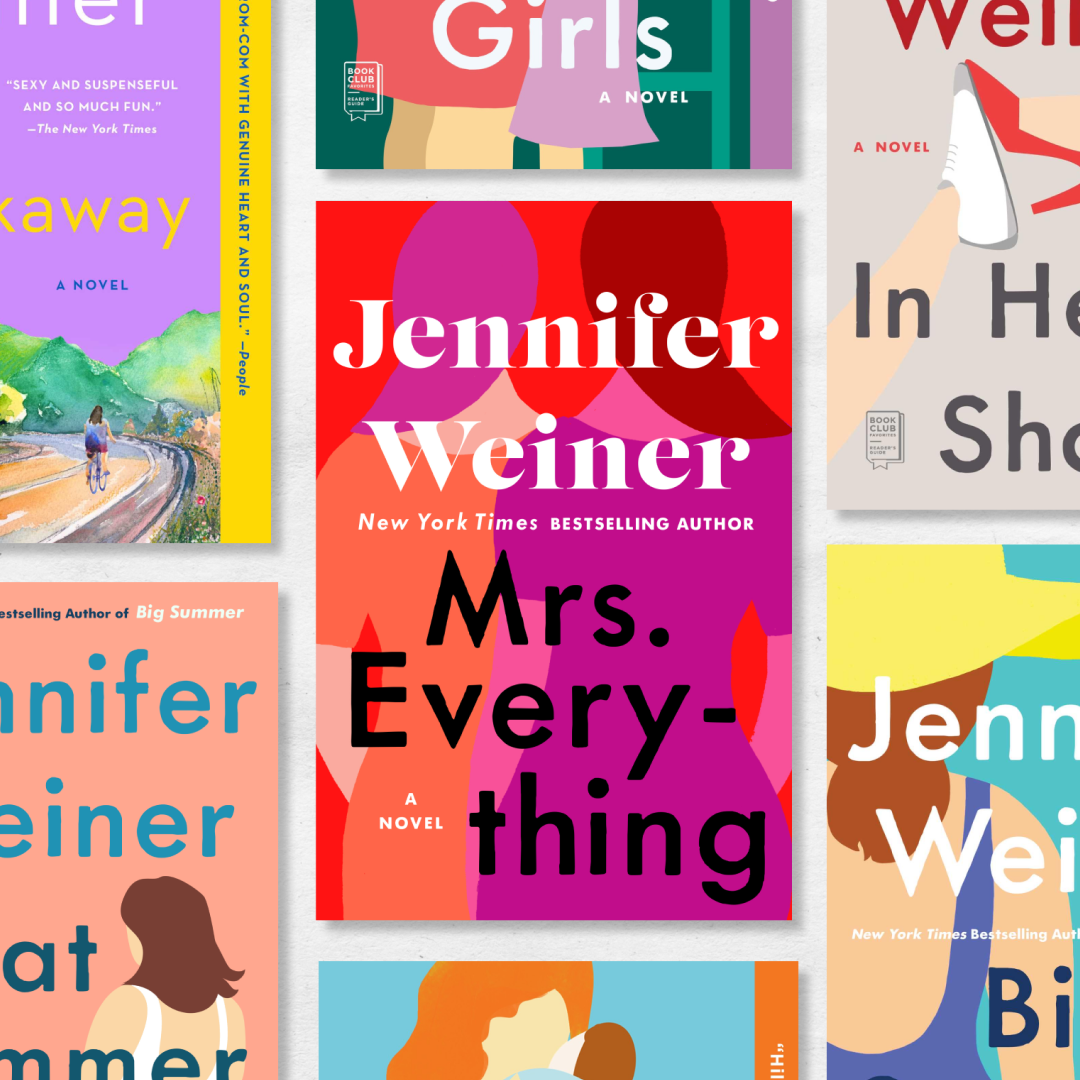 Every Jennifer Weiner Novel, Ranked—From 'Good in Bed' to 'In Her Shoes'
Every Jennifer Weiner Novel, Ranked—From 'Good in Bed' to 'In Her Shoes'All hail the queen of beach reads!
By Nicole Briese Last updated
-
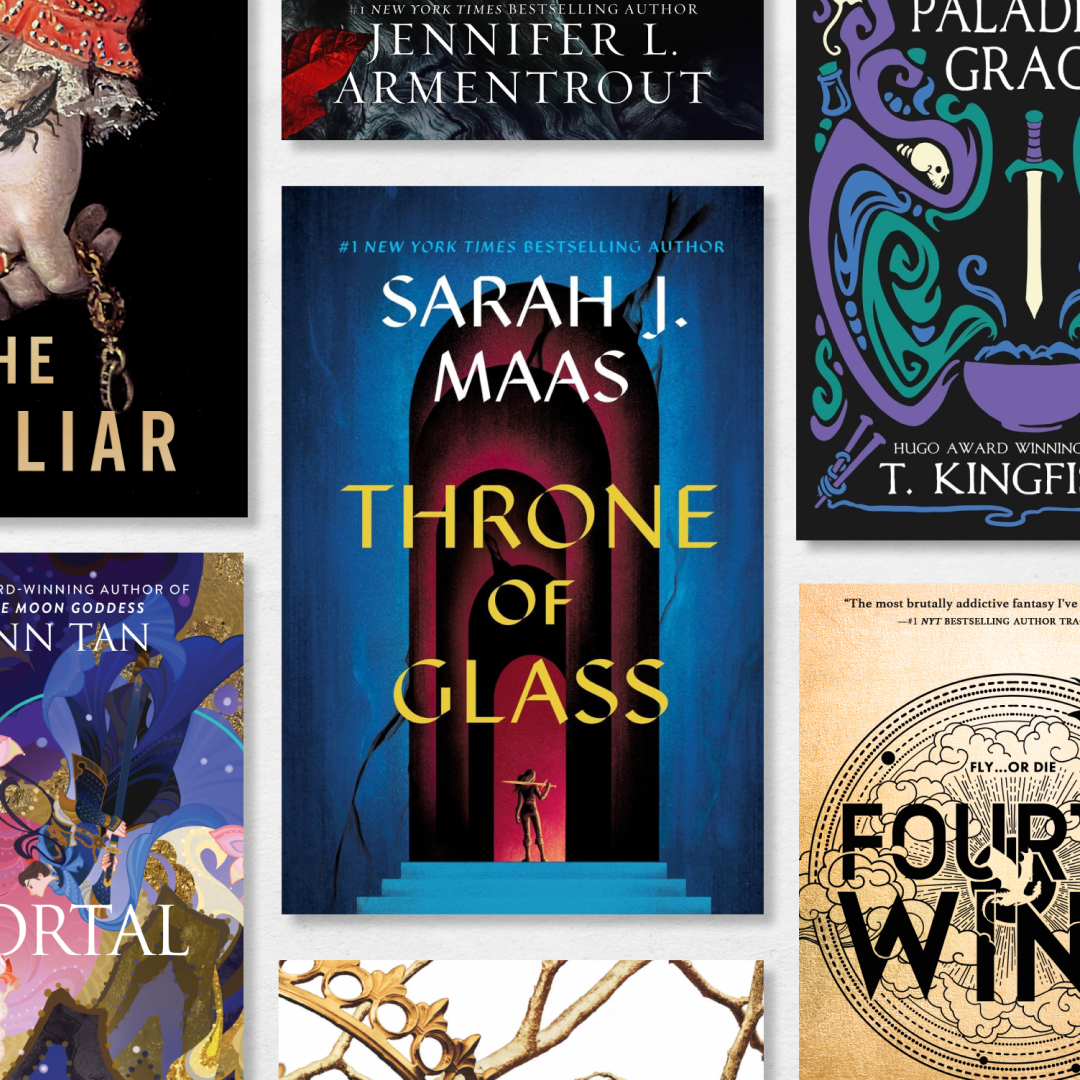 The 28 Best Romantasy Books to Read in 2025
The 28 Best Romantasy Books to Read in 2025Here's what to read when you've devoured the 'ACOTAR' and 'Empyrean' series.
By Andrea Park Published
-
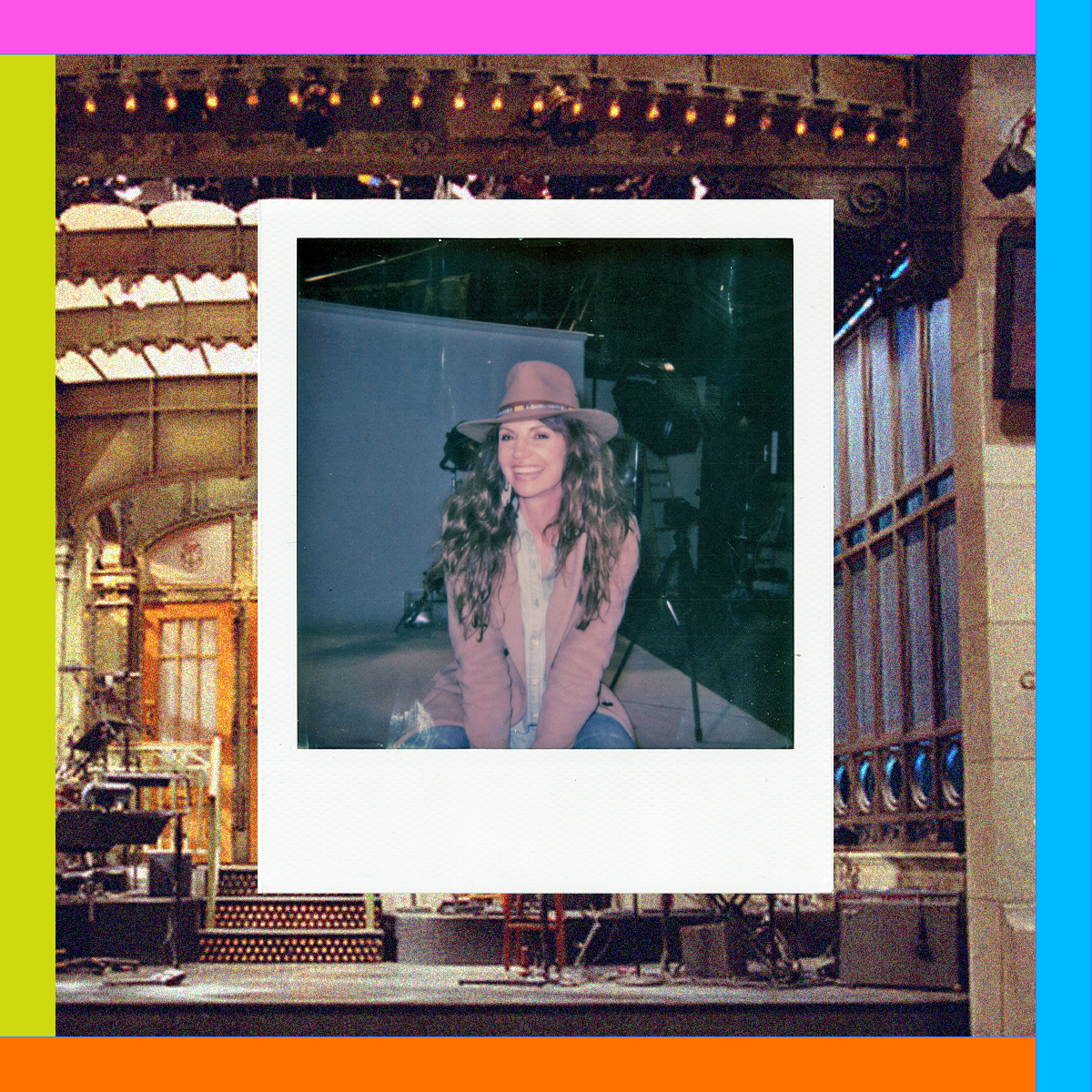 Mary Ellen Matthews Is the Woman Behind Every Portrait on 'Saturday Night Live' Since 1999
Mary Ellen Matthews Is the Woman Behind Every Portrait on 'Saturday Night Live' Since 1999The late-night show's resident photographer shares her favorite memories and insights from shooting all the talent who come through Studio 8H.
By Sadie Bell Published